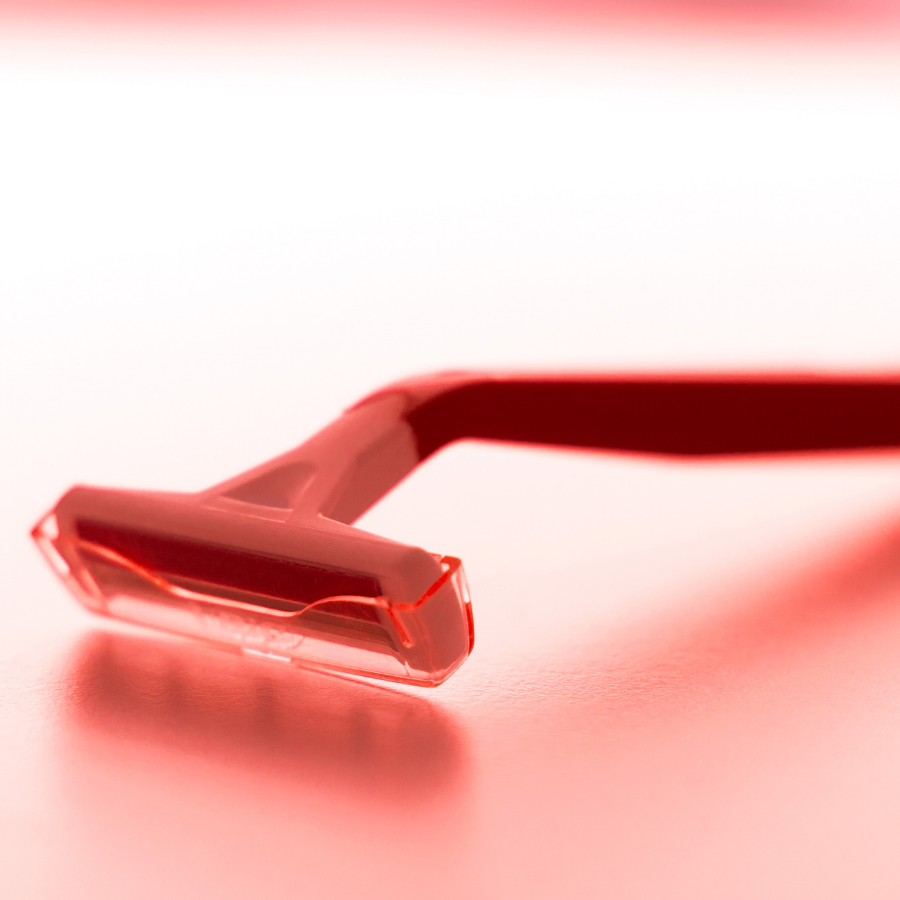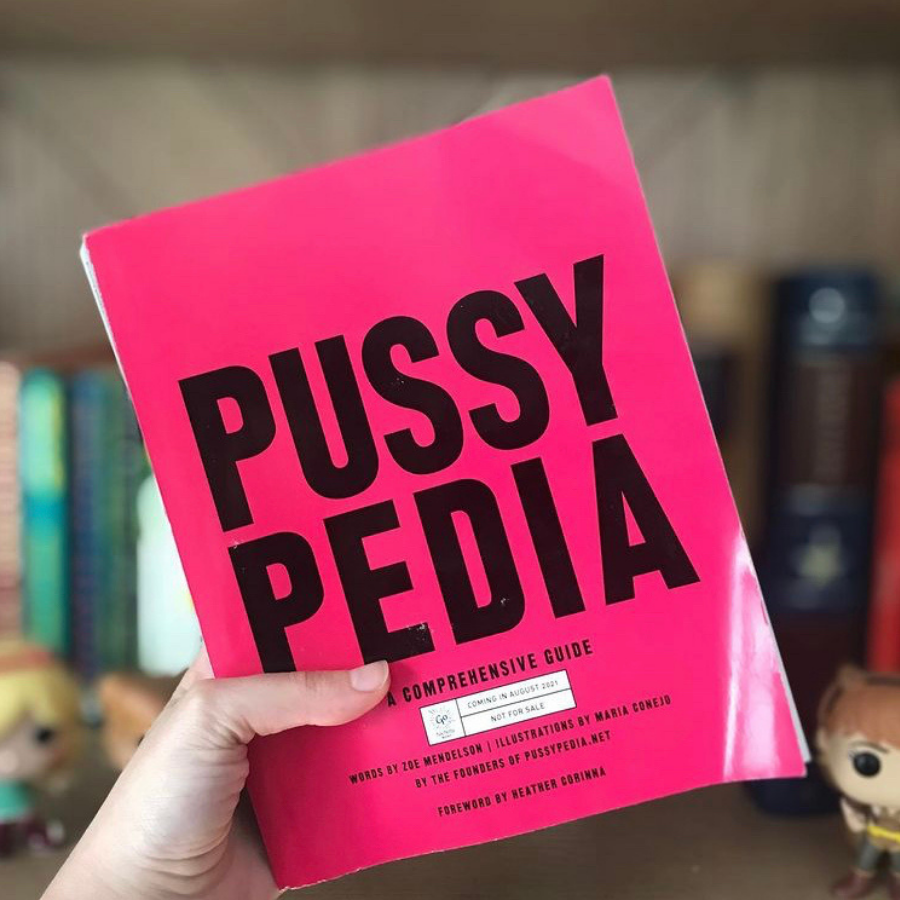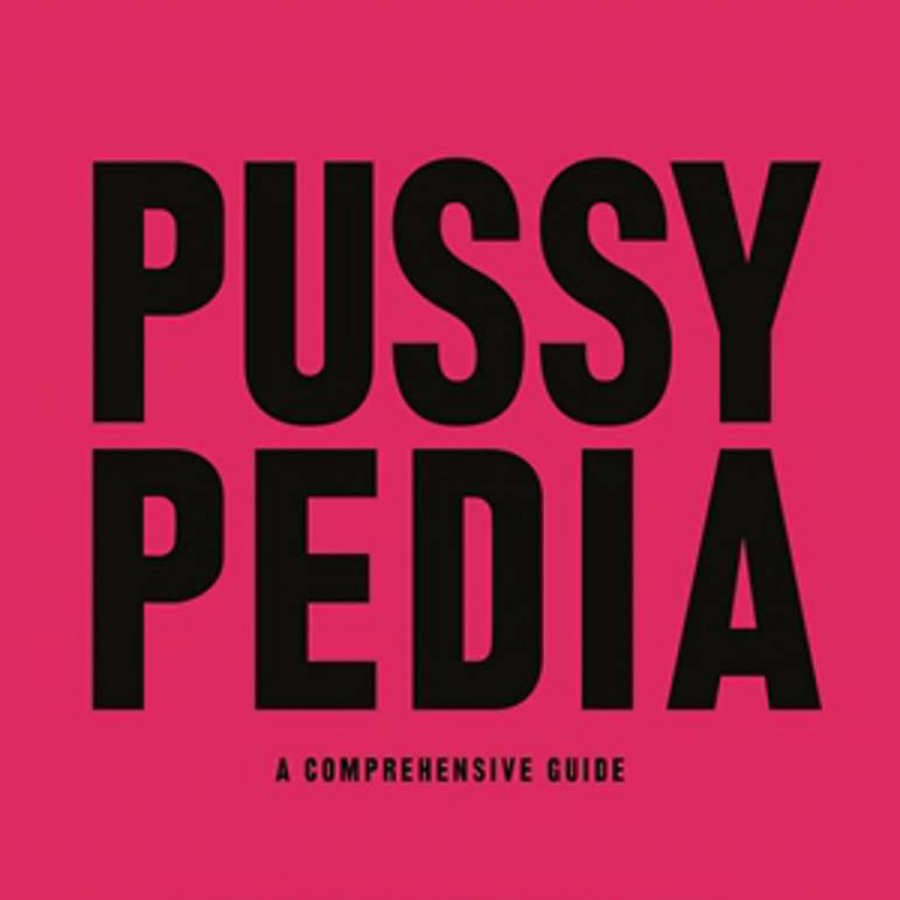I still remember the first time my daughter learned about pubes.
She was a toddler and she was in the bathroom with me, watching me pee like it was a spectator sport. Which, at the time, I suppose it was. For her, anyway.
I was peeing and she was watching, and then she noticed my pubes. She pulled the most disgusted face ever, as if she had just seen smooshed bug guts or tried eating cat food, and she pointed at my crotch. “What happened to you, Mommy!?” she asked. Like I’d just been in a car crash and was now horribly disfigured.
I have always allowed my pubic hair to grow long and lush. Not so much as a fuck you to patriarchal beauty standards, mind you, but because I’m lazy. Honestly, it was a miracle my daughter hadn’t noticed them sooner. Unfazed, I told her about pubic hair and (briefly) about puberty and I let her know that, when she was older, she’d notice these types of changes in her body, too.
She seemed intrigued, but mostly because she was eager for her nipples to sprout into full-on boobs. In her mind, boobs were everything.

I don’t remember having these sorts of matter-of-fact conversations with my mother when I was young, though I do remember following her into the bathroom. (Privacy? What’s privacy?) Perhaps if we had talked about bodies and sexuality with such frankness, I wouldn’t have felt so much shame when, at the age of 20, my emotionally abusive boyfriend mocked me for my unshaved bush. Perhaps I wouldn’t have been so embarrassed when, in middle school, my “friend” made fun of me for my hairy legs. If people were more open when it came to vagina smells and discharge and incontinence and overactive bladder syndrome, perhaps we wouldn’t all feel so blindsided when we experienced them ourselves. We wouldn’t spend so much time worrying about whether or not we were “normal” because we’d know that others were experiencing the same exact thing, or something similar.
I didn’t really get to know my sexual self until I was 22, when I fell into an internship writing adult content for a personals site. And this was two years after dealing with that deadbeat boyfriend.
I believe I was 24 or 25 when I got my first copy of Our Bodies, Ourselves.
It still sits on my bookshelf, the definitive reference guide to my womanly body.
I’ve read a lot of books about health and sexuality since then. Like, A LOT.
And while there have been some definite standouts, each of them with a very specific focus, I must admit that there are only so many times one can read about sexuality before getting sick of books about sexuality.
Then I read an advance copy of Pussypedia.

The Glories of Pussypedia
Pussypedia — by Zoe Mendelson and Maria Conejo — grew out of the site Pussypedia.net. The site itself is a free, bilingual encyclopedia meant to fill the information gap that exists around our genitals. The book (which just pubbed) is a compendium of much of the information that appears there, though it also includes interviews with some amazing folks like Madeline Deutsch, MD, MPH (a physician and the medical director of UCSF Transgender Care), Melina Gaze (a sexuality educator and performance artist), and Bianca Laureano, Ph.D., CSES, MA2 (a sexuality educator and sexologist).
Why Pussypedia? Both on the site and in the book, Mendelson and Conejo write that they’re proposing “a new gender-and-organ-inclusive use of the word, which means ‘some combination of vagina, vulva, clitoris, uterus, bladder, urethra, rectum, anus, and who knows maybe some testes.'”
Mendelson mentions Our Bodies, Ourselves in her intro to the book and, in fact, it does read like a no-bullshit, contemporary version of my old standby. But where OBOS covers stuff like nutrition, mood-altering substances, emotional well-being, and the like, Pussypedia focuses on what they define as the pussy (see above).
This isn’t the only difference, though. The voice is also a treat. Mendelson writes with humor, honesty, and openness, never flinching from her own experiences and, on top of that, has a ton of research to back everything up.
Chapters in the book cover everything from consent, masturbation, pleasure, abortion, and contraception to STIs, reproduction, and more. I, personally, dog-eared pages on stress urinary incontinence and overactive bladder syndrome as I am now at an age where I pee my pants just a little bit every time I sneeze extra hard.
Opening each chapter are Conejo’s illustrations, big and bold and friendly and, my god, the one at the beginning of the chapter on The Vaginal Corona, Formerly Known as the Hymen (and the Virginity Myth) makes me snort.
In her own intro, Conejo describes Pussypedia as a safe space, with her and Mendelson as representatives of that space. The book truly feels that way.
I’m not gonna lie. As a journalist whose focus is on sexuality, and as a sex educator, I have an entire shelf of books for my daughter that are just about bodies and consent and sex and reproductive health. I’m intense like that.
But I can also imagine this particular book as something we’ll pass back and forth to each other, more and more pages dog-eared, passages underlines, edges fraying.
Though when she moves out, she’s gonna need to get her own damn copy.


